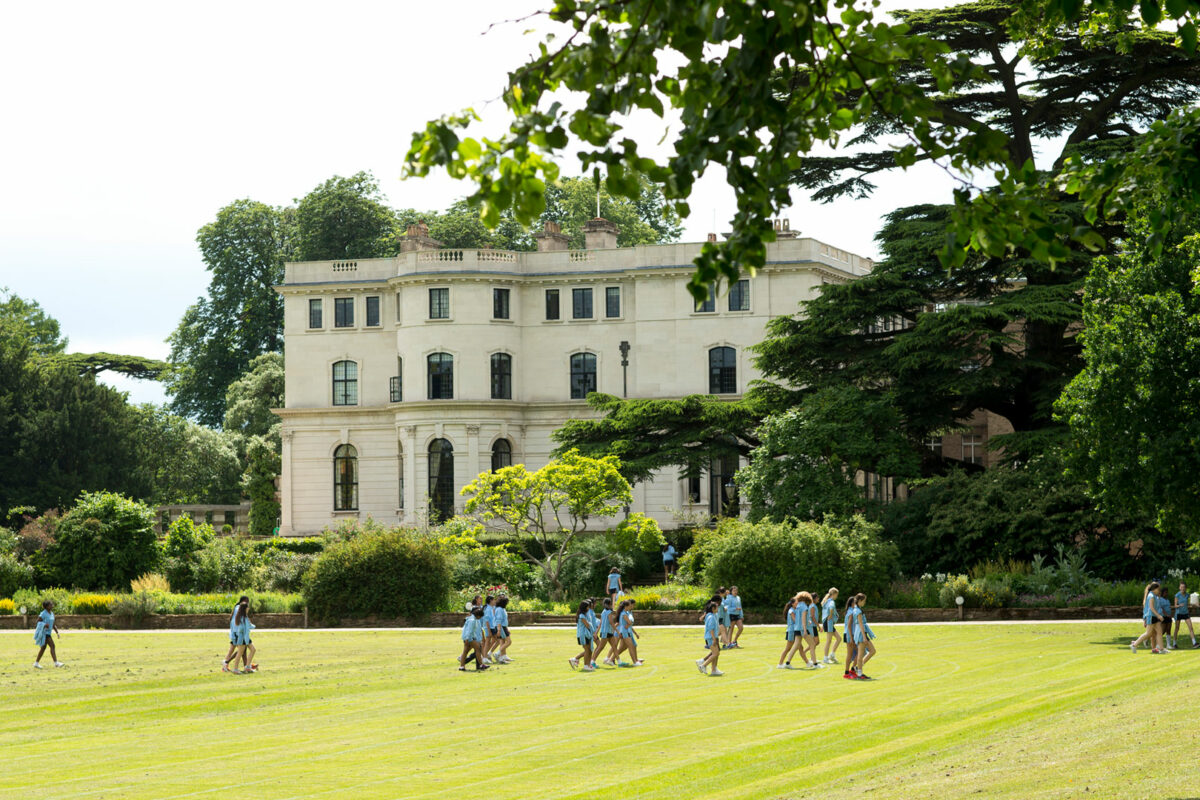Thinking
According to the World Happiness Report 2020, Finland is the happiest country in the world for the third year in a row; Followed by Denmark, Sweden, Iceland, and Norway. When taking the global pandemic into account this may seem like an odd time to publish a report ranking countries based on their happiness. Across the globe, the Covid-19 outbreak has left many people fearful of losing their jobs, anxious about getting infected with the virus or putting their loved ones at risk, and lonely because of the lack of contact with their family and friends, induced by national and local lockdowns. However, according to the authors of the report, the best time to measure people’s happiness is during a crisis. This is because, the extent of people’s satisfaction for life and their confidence that they live in a place where people take care of each other, which is what the authors believe to be the essence of happiness, is revealed. They believe happiness is a consistent state of mind, as opposed to temporary pleasure. However, some philosophers say that happiness comes from satisfying desires, such as eating something that you crave, or even something as simple as finally managing to scratch that itch on your back. Below, I will discuss the different perceptions of what happiness is.
Many ancient Greek philosophers argue that we can only experience true happiness if we lead a good life. This does not just include doing things that we enjoy, but doing things that we genuinely believe are good, and following and practising the right morals. This way, they said, we will not have any doubts about ourselves and can therefore truly be content with our actions and the way we live our lives.
The Greek philosopher Epicurus believed that pleasure and pain can be used to measure good and bad. Things that we like and make us feel great are considered ‘good’ and things that we don’t like and hurt us are considered ‘bad.’ To achieve happiness, he thought we must try and look for what gives us pleasure and avoid anything that brings us suffering.
A group of Greek philosophers called the Stoics believed that happiness is down to leading a natural life filled with simplicity. They believed that it is wrong to try and strive for happiness through becoming rich, powerful, or famous and that we should instead try to seek happiness through minimalism. If we can find joy in the wonders of everyday life, then we will be able to enjoy a consistently happy state of mind.
Others find happiness in the most unlikely of things. What some people find frightening can be perceived by others as thrilling. Studies have shown that when you are doing something frightening or facing a scary situation, adrenaline is released in your brain initiating the ‘fight or flight’ response, causing a feeling of exhilaration and a surge in energy. This surge can make you feel very energetic and alive, which some people take pleasure in, and can even be healthy in small doses. So it could be that happiness is simply the result of chemicals in your brain.
In Danish culture (Denmark being one of the happiest countries in the world and being placed on the top spot in the World Happiness, Report 2016), there is a word that describes a mood of cosiness and a comfortable and cheerful atmosphere with feelings of contentment: ‘hygge’. Hygge is derived from a Norwegian word meaning ‘well-being’, ‘hygge’ is the feeling you get when sharing comfort food with your closest friends, cuddling up on a sofa with a loved one, when you see a sunlight lawn of grass that is that perfect shade of green, or even when you smell the warm earthy scent of freshly baked bread. They believe that lighting, food, and even how you decorate your house contributes to ‘hygge’, which is believed to be the magic of Danish life.
But how can you know what happiness truly is if you’ve never experienced anything different? Although we would all love to be happy all the time, this unfortunately is not always possible. Feeling emotions like pain, hurt and sadness is completely natural, and everyone experiences these emotions at some point in life. However, being unhappy may allow us to value happiness further. If all we experienced was happiness at the start of our lives, we would be very under-equipped for the hurdle’s life throws at us in our later life, having not suffered or learnt how to deal with any other emotions. Happiness is understood by different people in diverse ways – no perception is the same –based on our hobbies, personalities, background, and interests, but we cannot know what our idea of it is until we experience the opposite.
by Saachi
This article is taken from the latest edition of ‘Plato & Co’ which you can read here.



